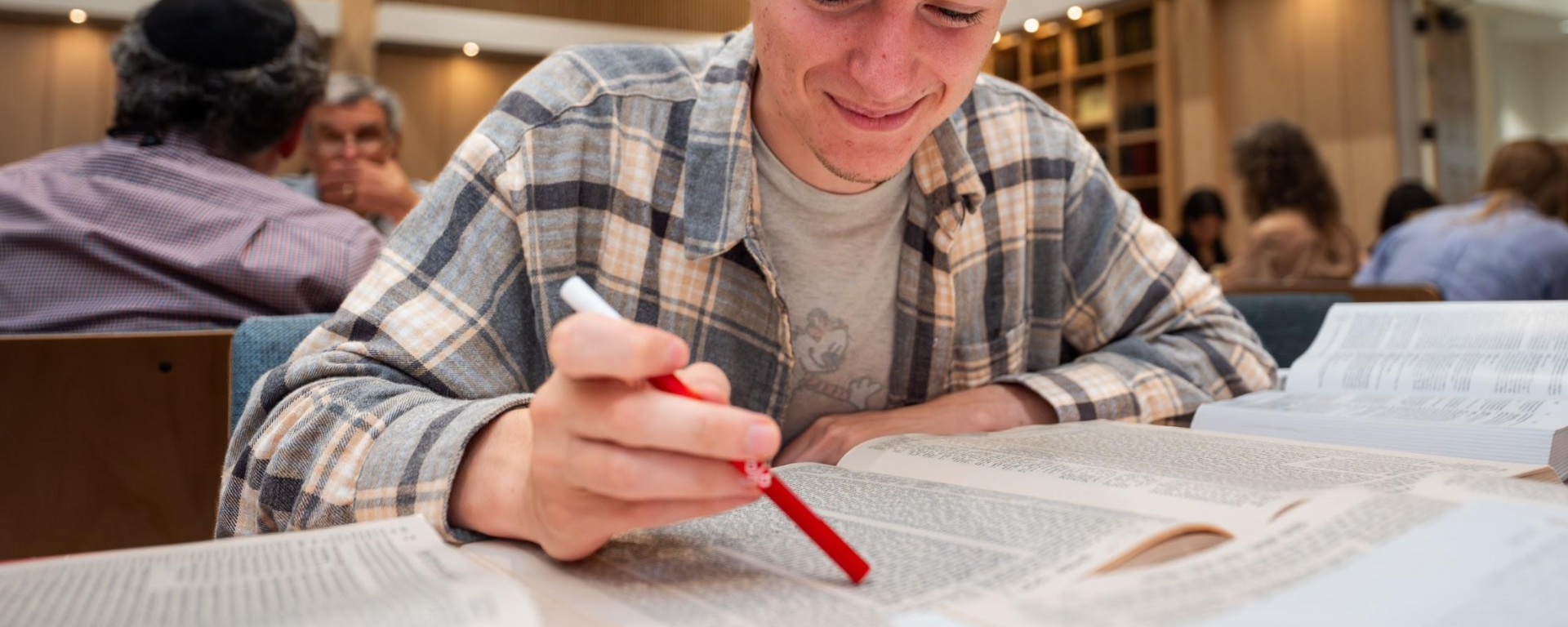
Skill-Building Talmud for Beginner/Intermediate
Learning With Your Own Havruta
Course Details
Project Zug is excited to present the first in a new series of courses designed to help learners build text skills. Unlike most Zug courses, which explore a topic through a variety of translated sources, these courses are “master classes,” focused on guiding students to work directly with a primary Jewish text in the original.
This first course, taught by Rabbi Dena Weiss, focuses on developing proficiency in studying Talmud. Together with your havruta, you will work through the original text - decoding its language, following its arguments, and deriving personal meaning from the rich Talmudic conversation. Our goal is to give you tools you can carry into future learning and to help you build confidence as a Talmud student. Essentially, we are bringing the Hadar Beit Midrash —and Rabbi Weiss— to you, providing the resources you need to approach the material on your own.
We will study the second chapter of Tractate Makkot which explores the case of a person who kills another accidentally and is exiled to a city of refuge. This topic touches on essential human questions like: What qualifies as an "accident" and how does an observer evaluate a person's internal mindset? Do we know about ourselves if we have acted with intent? How can you repent for something you didn't intend? What role does family and community play in repentance and reconciliation?
Who is this course for?
This course is for learners who want to study Talmud in the original text, with structure and support along the way. Students should be comfortable reading Hebrew and have some familiarity with the Talmud as a central Jewish text. The source sheets will not include English translation, but we provide resources to help you decode the text with your havruta, including an extensive word bank, worksheets, and annotated PDF's of the Talmud page. In addition, full-length instructional videos with Rabbi Weiss accompany each session as follow-up “classes” to watch after studying with your havruta. Each video segment will go over the translation of the text, the structure of the argument and its implications, and explore its meaning — strengthening your understanding and deepening your sense of ownership over the text.
